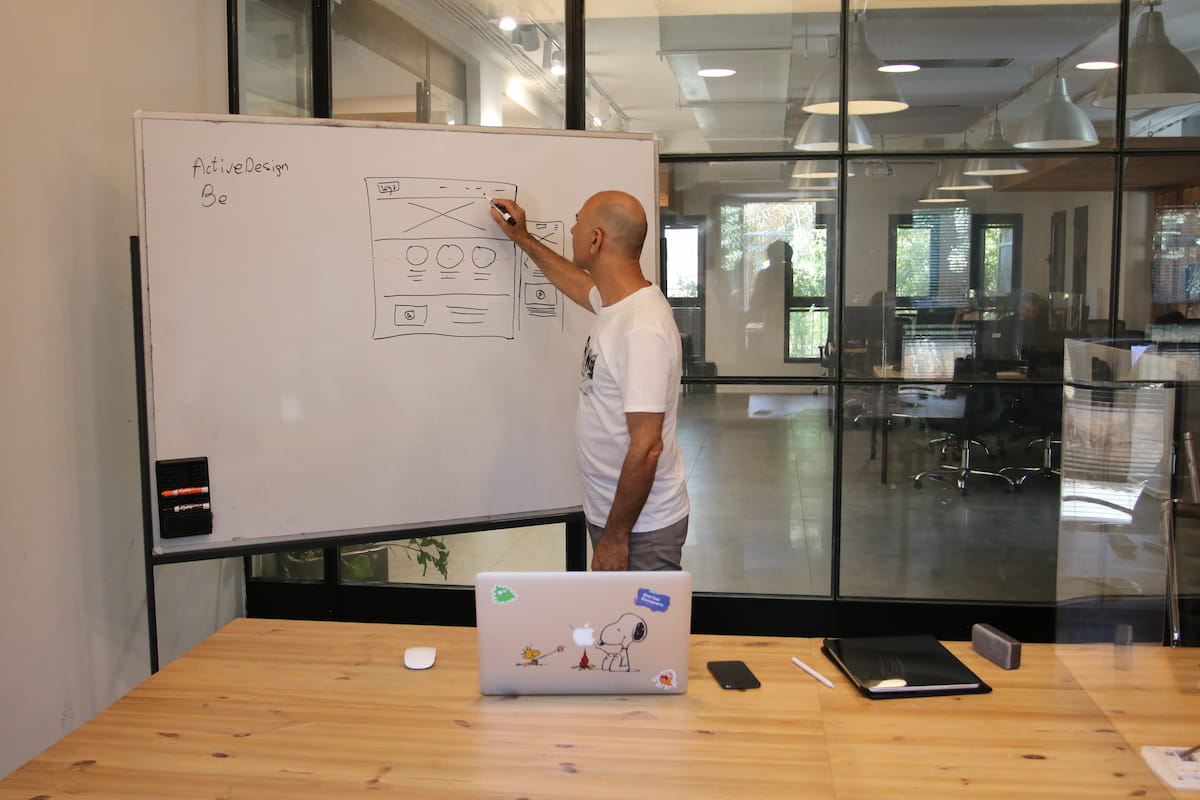To make the digital world come to life, user experience designers and graphic designers use the fundamental components of visual design. Both graphic design and user experience (UX) design are creative disciplines, yet they operate in different ways.

Although the professional titles of user experience design and graphic design may sound similar, they need different skill sets. When deciding whether to pursue a career as a UX designer or a graphic designer, it is crucial to understand the distinctions between the two positions. UX designers put more emphasis on the full user interaction with a product than graphic designers do on the visual components.
According to Radahl.no, this is the exact reason for an increased demand of 289 percent for UX designers compared to graphic designers’ demand, which increased by only 3 percent.
Graphic Designers:
Visual communicators, graphic designers produce concepts by hand or with the aid of specialist graphic design tools. Through tangible and digital art forms that incorporate words, images, or graphics, they convey ideas to consumers in order to inspire, educate, or captivate them.
They make sure that their designs appropriately reflect the desired message and effectively express information by maintaining continual communication with clients, customers, and other designers.

Graphic designers employ a number of design elements to produce unique graphics for customers and businesses by fusing art and technology. Working in this developing business is a fascinating and difficult career option because it requires staying on top of cutting-edge technology and design trends.
A graphic designer uses a variety of technological tools to produce usable, relevant, and practical graphics. General designer duties could include creating visual assets to support a marketing campaign, creating a graphic overlay for social media postings, formalizing the layout for a print ad, and editing pictures for digital signs, though the work mostly relies on the needs of a client or business.
UX Designers:
A UX designer’s main objective is to influence how a user interacts with a piece of software, a website, an application, or another product. Data analysis and logic and reasoning are both important components of the job of UX designers. UX designers employ data tools and research techniques to learn about potential customers and rival items before building a design.
UX Designers then create a wireframe design, which is a simple prototype or two-dimensional representation of how they intend to evoke a particular feeling from the visual, aural, and tactile presentation of particular concepts.

UX designers can utilize tools to build interactive, high-fidelity wireframes or draw them by hand. Because they serve as the fundamental blueprints for everything that is being generated, including websites, digital projects, user interfaces, mobile applications, and more, wireframes are an integral part of the design process.
What are the core responsibilities of each profession?
UX Designer:
- User Research
- Sketches
- Wireframes
- Prototyping
- User Testing
- Analysis and Measurement
- Design Refinement
Graphic Designer:
- Company brand identity
- User interfaces on apps and websites
- Books, magazines, newspapers, etc.
- Product packaging
- Advertisements and commercials
- Signage for stores, transportation, stadiums, and event spaces
- Video games

What skills are needed for each profession?
UX Designer:
- Prototyping, mockups
- Interaction design
- Analytics
- Visual design and design software
- Visual communication and UI
- User research and usability testing
- Information architecture
- UX writing
- User empathy
Graphic Designer:
- Typography skills
- Font selection
- Digital technology
- Photo editing
- Design principles
- Creativity
- Storytelling
- Design for print
- Strategy
If a UX Designer is the right choice for you, contact FBUX Consulting to find out more about our service offerings and how we can help you improve your company’s customer experience.




0 Comments